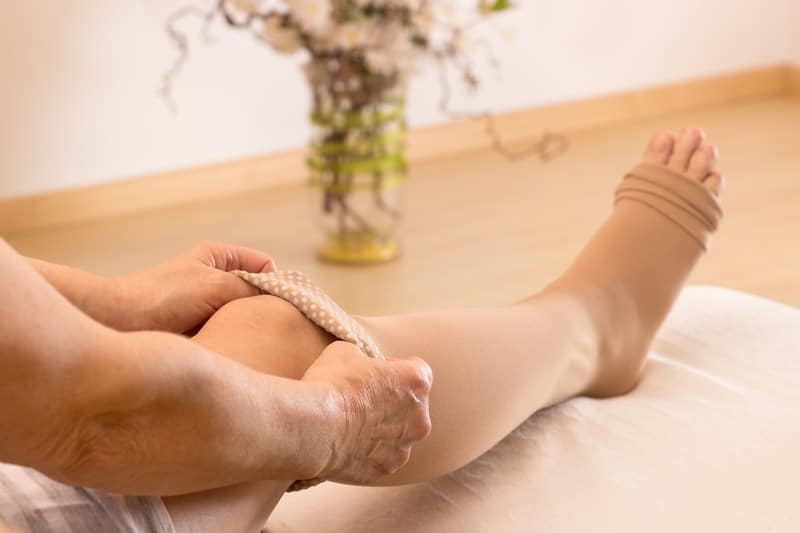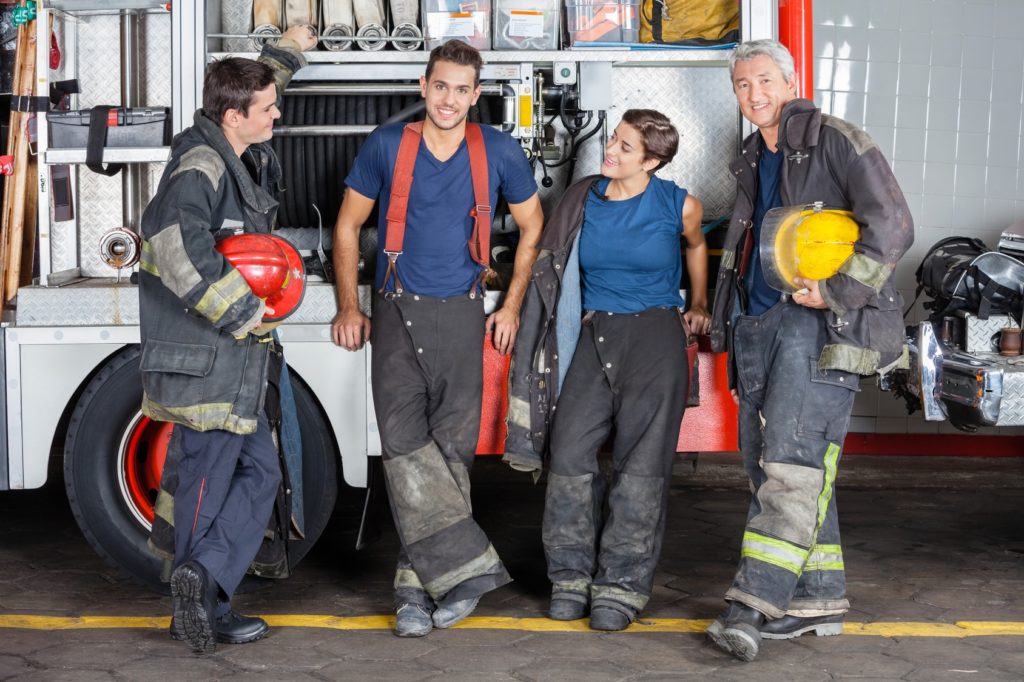
Vaginal Varicose Veins – Is that even a thing?
If you have even heard of vulvar varicosities, chances are it is because you have experienced them. And it is likely you had to work ridiculously hard to uncover any information about the topic. Varicose veins of the vulva and perineum just don’t get a whole lot of press. Commonly quoted estimates state that about 10 percent of women will experience vulvar varicosities during pregnancy, but it is possible that number is higher because some women just won’t talk about it.
And if you look at the rare online discussion about vaginal varicose veins, like JustMommies.com you will see that women who experience the symptoms of vulvar varicosities are completely surprised when it happens—because they had no idea such a thing could even happen.
Let’s change that!
Let’s get women the information they need to live more comfortable, more present lives. Let’s start talking about it. Let’s take it from being a thing to just being, you know, a thing. If we need to, let’s talk to our sisters, our girlfriends, our wives, our mothers. And, if you have any questions about this or any other vein issue, another great person to talk to is a qualified vein specialist.
Vulvar varicosities: But Why?!
Basically, it is possible to develop a varicosity in any part of the body. But there are a few reasons why your vulvar area can be susceptible.
- Gravity. Baby and placenta put a lot of pressure on the pelvic region, and this creates back pressure on the veins in the pelvic floor.
- Hormones. The pregnancy hormones that are circulating to prepare your pelvis for birth also make your veins—all of your veins—prone to distension. Estrogen, progesterone and relaxing all play a part.
- Mechanics. The venous valves that are designed to provide some protection against pooling of blood in lower regions occur less frequently the closer the vein is to the heart. In a small percentage of women, there are no venous valves in the vulvar area.
Some Good News About Vaginal Varicose Veins (and a Little Bad News-but Mostly Good)
Let’s start with the good...
- Good news—they are transient. Chances are good that they will go away once baby is born.
- Bad news—they are transient. If you get them once, vulvar varicosities will come back—and likely sooner—with each subsequent pregnancy. As well, with each pregnancy, there is an increasing chance that they will stay, even after the baby is born.
- Bad news—they could be a sign of more ominous things. It is possible that vulvar varicosities are a sign that you have developed, or are developing, Chronic Venous Insufficiency (CVI), especially if they appear with varicose veins in your legs. A qualified vein specialist can look at your veins and tell you if this is the case for you.
Here's the Really Good News
The really good news, though, is that if varicosities do appear during pregnancy, and don’t go away once baby is born, there are vulvar varicosity treatments available that can get you back to feeling like your old self with minimal fuss. A qualified vein specialist like Dr. Jilanne Rose from Advanced Vein Institute of Arizona (AVIA) will be happy to talk to you about your options. However, as she wants you to have the most successful experience possible, she will caution you about the timing of treatments.
“One thing to keep in mind is that if you are currently or recently pregnant, you will have to wait a bit before a vein specialist can treat you,” Dr. Rose says. “Birth will relieve much of the pressure on the area. However, your body will need some time—at least a few months—for hormone levels to return to normal and for your body to re-adjust. In the end, you might not even need treatment.”
While you wait, Jilanne has a few suggestions you can try to find some temporary relief from the symptoms of vulvar varicosities.
More good news: it is really easy to talk to Jilanne. Call the office or fill out this form if you would like to get a conversation started about whether vein treatment is what you need to get back to living more comfortably.
Varicose Veins worse in Summer Heat? If it seems like your varicose veins symptoms seem to worsen in the summer heat—especially for those of you who live in hot climates like Arizona—you are not imagining it. Talk to a qualified vein specialist and they will tell you that heat does have an effect on your…
Read MoreLet’s face it—a big part of the reason that you are in Arizona is because you don’t enjoy golfing in the snow or hiking in the rain. And now that you are here, there is no reason to let anything get in the way of your active life—not even the discomfort of varicose veins. Although…
Read MoreYounger adults in the U.S. are searching for options to deal with varicose veins…REALLY? Health and Google statistics are starting to show that younger and younger people are seeking treatment for conditions such as varicose veins, chronic venous insufficiency (CVI), and other health conditions usually associated with older adults. Health officials are attributing this…
Read MoreHas a woman ever said she loves wearing high heels because they are just so comfortable? Uh uh. Or because it is just so easy to walk in them? Not likely. High heels are popular because of the way they make the legs of the wearer appear.
Read MoreIf you just googled “compression stockings for varicose veins” to find this article, you are far from alone. Millions of Americans have looked at compression stockings as a non-surgical alternative to help deal with the discomfort of varicose veins and other peripheral vascular concerns. Perhaps not knowing that there are newer, effective, and minimally invasive procedures…
Read MoreIt can hurt to care–just ask any nurse. As a profession, nurses experience some of the highest rates of varicose veins and Chronic Venous Insufficiency (CVI) in the country. In fact, in one study by the NIH, 63 per cent of participating nurses were shown to have at least one sign of CVI. Nurses will know…
Read MoreOne might think that the biggest cause of injury among American firefighters would be burns and collapsing structures. However, more than just skin and bones, it is the firefighter’s vascular system that is at risk. There are a number of reasons why firefighters are especially susceptible to vascular injury, and why they in particular need…
Read MorePerhaps the most important thing to know about Radiofrequency Vein Ablation, is that it has a high success rate in treatment of varicose veins. Additionally, it is minimally invasive, minimally painful, has low rates of complication, can be performed in-office, and has a very rapid recovery time, usually about a day. The Venous Ablation Process…
Read MoreThe concern about having or developing Chronic Venous Insufficiency (CVI) is a great reason to have your varicose veins fully assessed by a qualified Vein Specialist. Why should I be concerned about the symptoms of Chronic Veins Insufficiency? Chronic Venous Insufficiency, also known as Venous Reflux Disease or Venous Stasis, refers to a condition of inadequate…
Read MoreCan Varicose Vein Pain be Eliminated? It is the end of a long day, and suddenly you realize that the varicose veins that you barely considered this morning are working hard to get your attention. They ache, and your legs feel heavy and are getting swollen. Especially if you have been ignoring them all day,…
Read More

